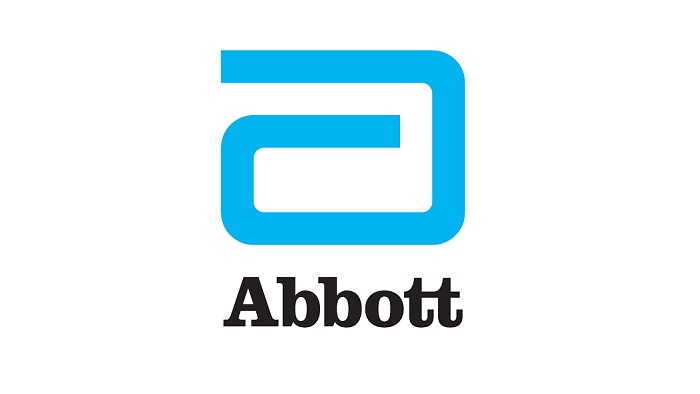Abbott announced it has initiated a pivotal clinical trial, called the TRANSCEND study, to evaluate the use of the company’s deep brain stimulation (DBS) system to manage treatment-resistant depression (TRD), a form of major depressive disorder. The U.S. Food and Drug Administration (FDA) granted Abbott Breakthrough Device designation to explore use of DBS for TRD under its Breakthrough Devices Program, which expedites the review of innovative technologies that can improve the lives of people with life-threatening or irreversibly debilitating diseases or conditions.
“As we have learned more about the intricacies of the brain, it is now clear that ‘psychiatric diseases’ like major depressive disorder are similar to other neurological conditions – we can see identifiable structural and functional changes in the brain,” said Brian Kopell, M.D., lead neurosurgery investigator, and director of the Center for Neuromodulation and co-director of the Bonnie and Tom Strauss Center for Movement Disorders at Mount Sinai Health System. “So, it is not surprising that deep brain stimulation research has demonstrated promise for people suffering with treatment-resistant depression, as it has for patients with medically complicated Parkinson’s disease over the past two decades. We are eager for Abbott’s TRANSCEND trial to gather further evidence about the impact neurostimulation could have for people who need different treatment options than are currently available.”
A form of major depressive disorder (MDD), TRD occurs when a person has not been able to find relief from their symptoms even after trying different antidepressant approaches, which can range from talk therapy to oral medications to transcranial magnetic stimulation. Up to a third of individuals diagnosed with MDD – approximately 2.8 million Americans each year – have TRD or difficult-to-treat depression.1 Each time a person fails a treatment, the chance of finding relief with the next treatment drops, and by the fourth failed treatment, as many as 83% of patients will relapse.1
DBS works like a pacemaker, sending small, targeted electrical pulses to a specific part of the brain with the goal of relieving symptoms. As part of the TRANSCEND study, doctors will place electrodes – called leads – in an area of the brain that impacts depression. These leads are connected to a device called a stimulator that is placed under the skin in the chest. The stimulator will send electrical pulses to the leads with the goal of adjusting activity in the brain and reducing symptoms associated with depression. Previous open-label studies exploring the use of DBS for TRD have shown at least a 50% sustained improvement in symptoms of depression for three out of four people over a period of two to eight years.2
“Treatment-resistant depression is a debilitating condition affecting 2.8 million Americans each year,” said Pedro Malha, vice president, neuromodulation, Abbott. “The goal of Abbott’s TRANSCEND study, in collaboration with top clinical research centers, is to develop the clinical evidence necessary to determine whether DBS is a safe and effective treatment for treatment-resistant depression, which could provide people with a new treatment option that will allow them to live fuller lives.”
https://abbott.mediaroom.com/2024-09-04-Abbott-Initiates-Clinical-Study-to-Evaluate-the-Use-of-Its-Deep-Brain-Stimulation-System-to-Manage-Severe-Depression
>>>


















